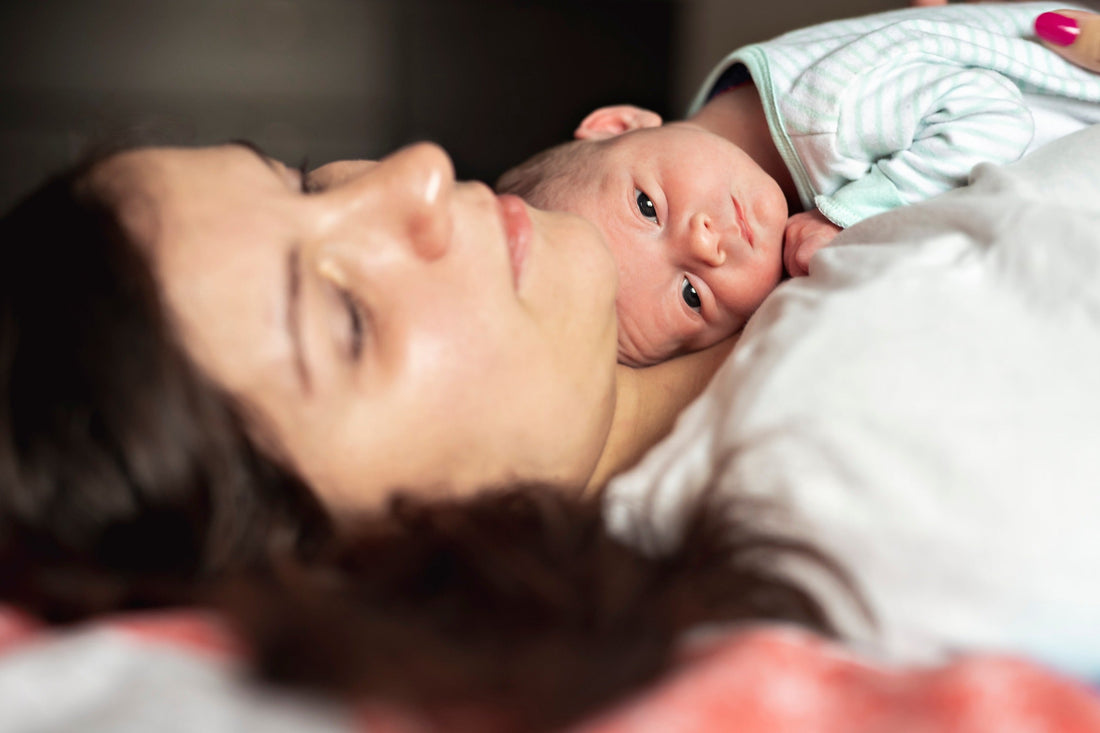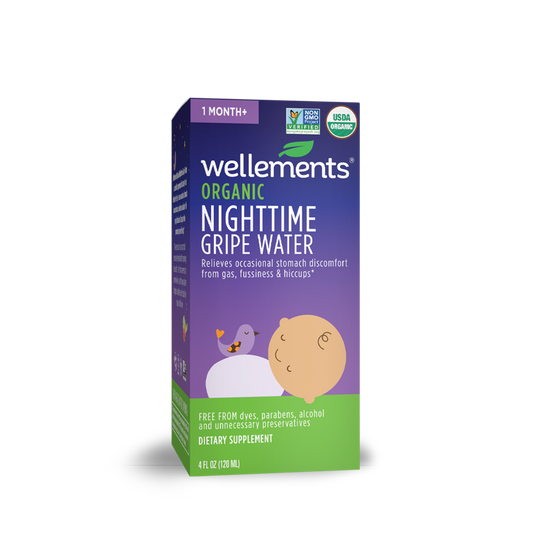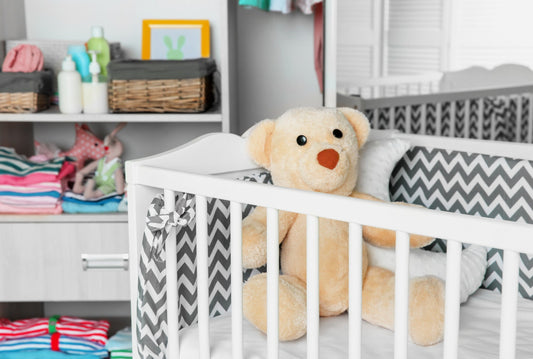How To Deal With Sleep Deprivation After Baby
| updated:Share

Whether you’ve just had your first or fifth baby, sleep deprivation is one of the most notorious aspects of parenthood. Newborn babies often wake up to eat every two to three hours. On top of that, some babies suffer from conditions like colic that cause increased fussiness and make it even more challenging to get quality shuteye.
Going without sufficient sleep for too long can lead to unpleasant symptoms, including irritability, fatigue, and frequent illnesses. To get through those challenging early months and years, here are some suggestions for dealing with sleep deprivation after bringing the baby home.
Breastfeeding & Sleep
Breastfeeding is one of the more common reasons new moms don’t get sufficient sleep. When your baby relies on you to provide sustenance every few hours, feeling well-rested can be very hard (and arguably impossible).
But even though it seems like breastfeeding practically guarantees you’ll be sleep deprived, you may be surprised to discover nursing your baby may help you achieve quality sleep. That’s because breastfeeding may give you a potent sense of well-being which can, in turn, lead to more quality sleep once you can go back to bed.
Sleep Deprivation
If you’re a parent, you’re almost guaranteed to be deprived of sleep at some point. You’ll start developing symptoms when you go without sufficient sleep long enough. But if you don’t realize what’s causing the symptoms, you may think something else is happening with your body. Here are some of the most common sleep deprivation symptoms to watch out for:
- Lack of energy
- Persistent tiredness
- Slowed thinking, or “brain fog”
- Reduced attention span
- Mood swings
If you notice these symptoms in yourself or your spouse, they’re most likely caused by insufficient or low-quality sleep. There are things you can do to improve your sleep quantity and quality so you can get through the new parenthood years more easily.

Good Hygiene for New Parents
People deprived of sleep are less likely to take care of themselves. But poor hygiene can not only impact your self-esteem, but it may also increase your chances of falling ill. As a new parent, you must ensure you stay clean and hygienic for your and your baby’s sake. Try to do the following things at a minimum, even when you’re feeling tired and sluggish:
Hygiene for Yourself
- Wash your hands regularly to avoid passing germs to your baby
- Shower daily to stay clean and refreshed
- Get dressed in the mornings, even if you feel like lounging in pajamas all day
- Keep your nails trimmed to avoid scratching your little one
Hygiene for Your Baby
Just as you need to stay clean and hygienic as a parent, you must also keep your baby clean and hygienic. Here are a few things to do for your baby:
- Carefully sponge bathe your baby with gentle soap and a soft washcloth until the umbilical cord falls off naturally
- Make sure your baby doesn’t sit in a soiled diaper for too long
- Fan the diaper area after using wet wipes to make sure it’s dry before applying a clean diaper
- Trim Baby’s nails regularly
- Use a bulb syringe to clear a stuffy nose gently
Tips to Balance a New Baby & Your Sleep Schedule
Your little ones will begin sleeping longer once they’re a few weeks old. To help encourage a regular sleep pattern, try to establish a rhythm. You can do this by following a soothing bedtime routine, such as turning the lights down and playing soft music before bedtime. You may also wish to give your baby a pacifier for comfort at night.
Some babies sleep better when swaddled, so be sure to give that a try. You can also administer Wellements Organic Night Time Gripe Water to relieve stomach discomfort and help your baby sleep more soundly.
4.3 /
5.0
(42)
42
total reviews
Nighttime Gripe Water
Sale price
$12.49
Sources:
https://www.sciencedirect.com/science/article/abs/pii/S003139550570290X?via%3Dihub
https://www.sleepfoundation.org/sleep-deprivation



